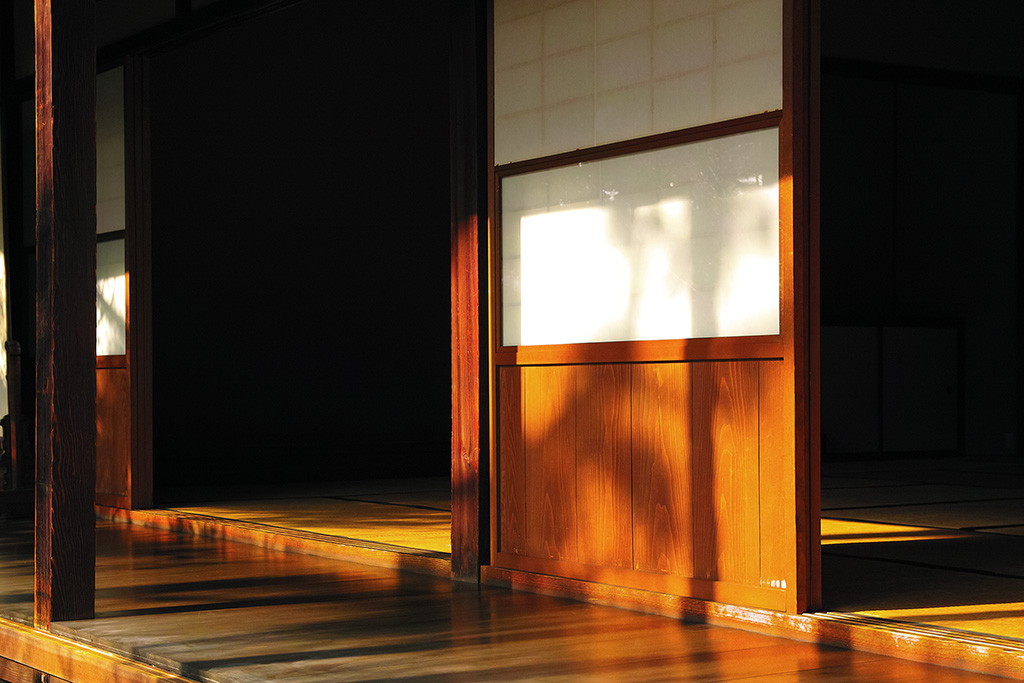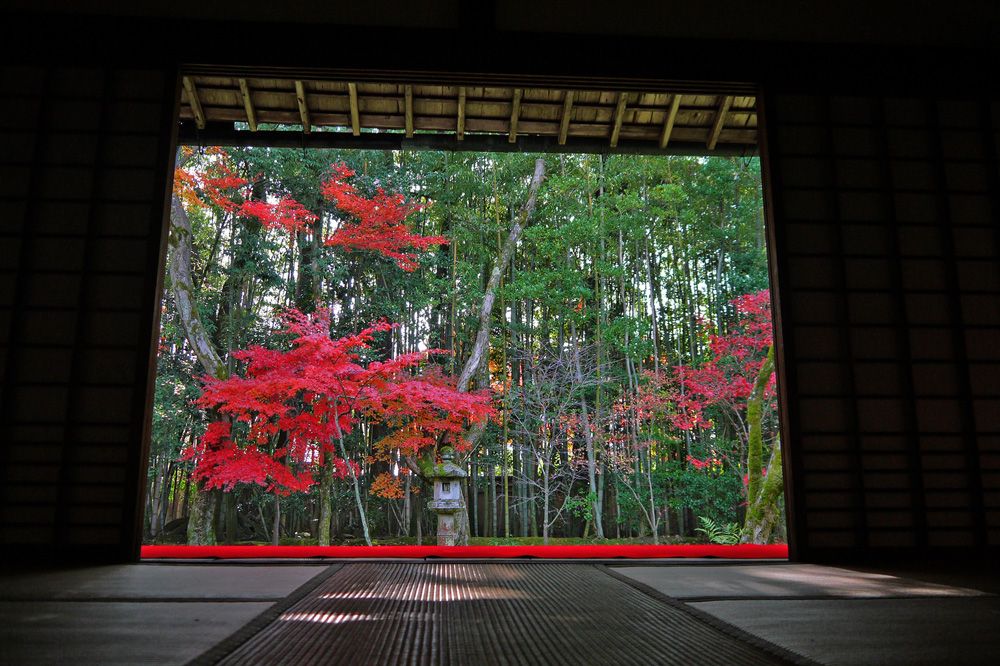What about Japanese culture fascinates me? Its attention to shades over lights, absence over presence. As pensive and pathetic as it may sound, it is a void in your heart that evokes your reminiscences of people, things and events. An unattended tea cup, empty space at the dining table or a lone laughter in front of the TV set, all of these are a reminder of the loss of, separation or being away from loved ones. It even makes you feel they might be around or alive here or there when you feel the wind blow or when the night falls. This sensibility is pretty universal, for it has been sung in many different forms of poetries in history. For comparison, let me take two examples: one dates back to the 7th century Japan and the other to the 19th century New England.
日本文化の何がそんなに面白いのか。それは、光よりも影、あることよりもないこと。そういうものに注意を向けるからです。真面目でセンチメンタルすぎるかもしれませんが、人やものや出来事が思い出されるのは、心にぽっかりと空いた穴のせいだったりもします。使う人のいない湯呑、ダイニングテーブルのいつものところにいない、一人でテレビを見ながら笑うこと、これらすべてが愛しい人との別れや喪失や、離れていることを思い出させます。風が吹くと、また夜の帳が下りると、そこやここにまだいるような気配がしたりもするのです。こうした感受性は世界共通ですし、様々な形式の詩に歌われてきました。比較のため、ふたつ例を挙げましょう。ひとつは7世紀の日本、もう一つは19世紀のアメリカ、ニューイングランドから。
君待つと わが恋ひをれば わが屋戸の
簾動かし 秋の風吹く
ー 額田王
kimi matsuto waga koi oreba waga yadono
sudare ugokashi akino kaze huku
恋しいあなたをひとり待つ 部屋の簾が
揺れたのは 秋の風が吹き抜けたから
Alone in my room… in longing… the blinds…
rustling… in the Autumn wind
– Nukata no Ohkimi
***
Water, is taught by thirst.
Land – by the Oceans passed.
Transport – by throe –
Peace – by its battles told –
Love, by Memorial Mold –
Birds, by the Snow.
– Emily Dickinson
水は、のどの渇きが教えてくれる。
陸地は ― はるばる越えてきた海が。
歓喜は ― 苦痛が
平和は ― 戦いの物語が
愛は ― 思い出の品が
小鳥は、雪が。
ー エミリー・ディキンソン
These two don’t depict things themselves but imagination and sentiments they arouse. Absence speaks aloud, in reserved longing and quiet contemplation. Later on in history people built astonishingly ostentatious shrines even deep in the mountains and much later on, today, we see architectural mishmash of Tokyo and their slapdash concrete environs. Do we need to become a hermit and build a hermitage on an isolated moor or prairie to be away from distractions and noise? No. Just try to see what is not here and listen to silence.
これら二つは、対象物そのものを描写することなく、想像力を掻き立て、感情や思いを呼び起こします。ないことがはっきりと耳に届く。それは、そっと思いを寄せること、静かに何かを思うこと。時代が下り、山の奥深くにド派手な神社を建てたり、今日、東京やその周辺では、ごちゃごちゃした乱雑なコンクリートの塊のような建物が目に飛び込んできたりします。では、目の毒となるものや騒々しさを逃れるため、隠遁者として人里離れた荒野や平原に庵を建てなければいけないのでしょうか?いいえ、ここにはないものを見ようとする、静寂に耳を傾けることで十分なのです。






